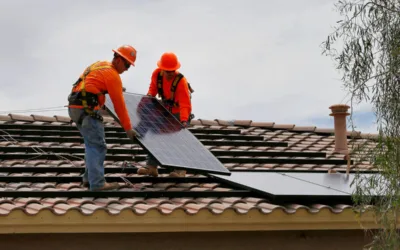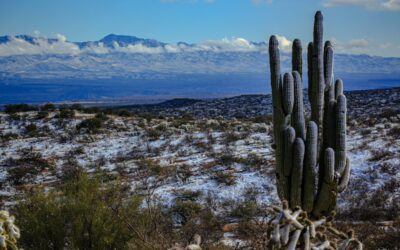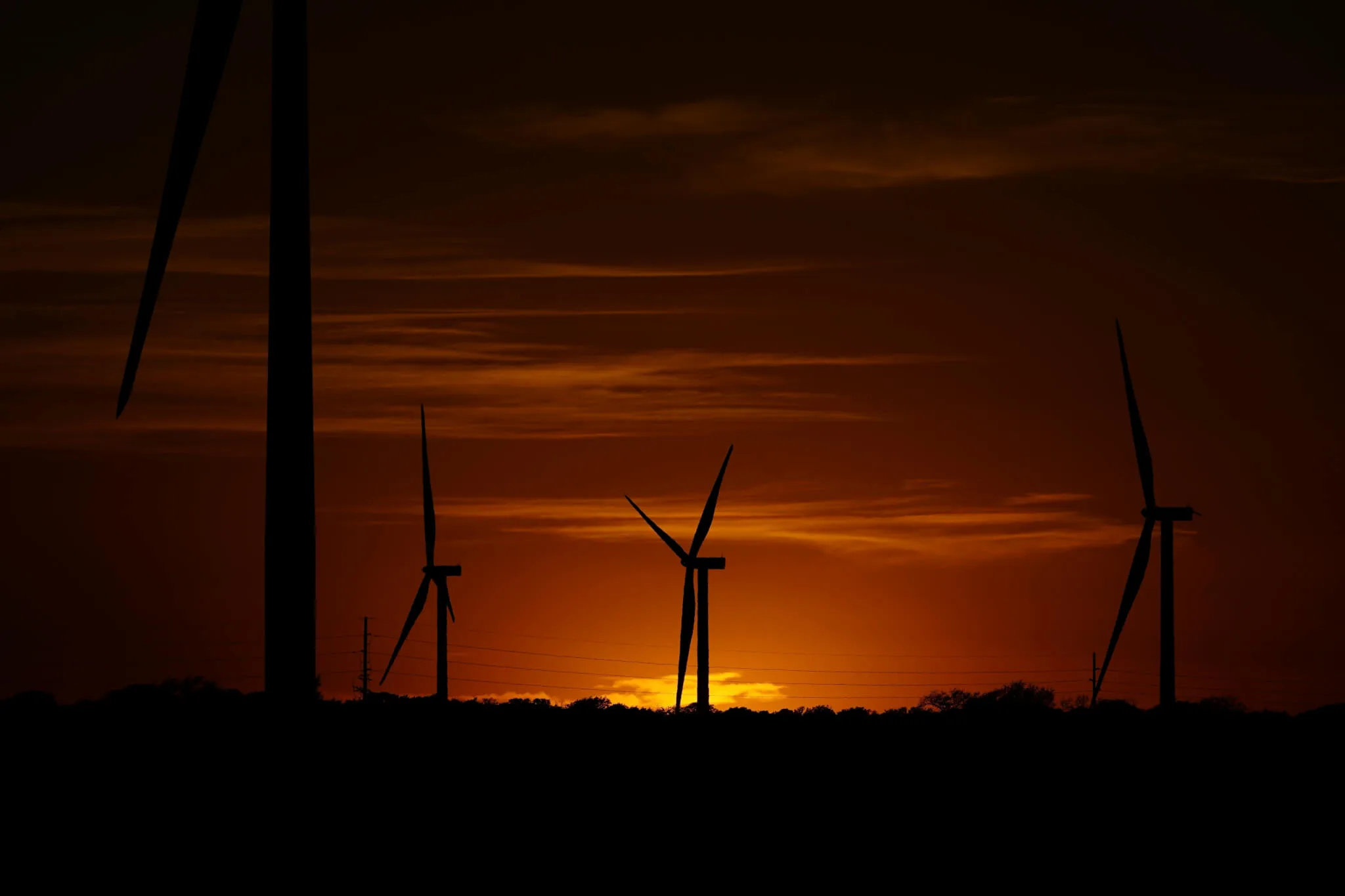
FILE - Wind turbines work at sunset on a wind farm near Del Rio, Texas, Wednesday, Feb. 15, 2023. The U.S. Department of Agriculture announced a nearly $11 billion investment on Tuesday, May 16, to help bring affordable clean energy to rural communities throughout the country. (AP Photo/Eric Gay, File)
Tens of thousands of jobs and hundreds of millions of dollars in investments in clean energy could be at risk, due to a Republican effort to repeal portions of the Inflation Reduction Act (IRA), the landmark piece of legislation that President Biden signed into law in Aug. 2022.
The law established an array of clean energy programs, including tax credits and incentives to spur investments into domestic clean energy production. But many of those credits would be repealed or scaled back, under House Republicans’ Limit, Save, Grow Act, which passed the House last month in a 217-215 vote, almost entirely along party lines.
Repealing the act, or even just some of the energy credits, would not only have consequences on the environment, but on the many jobs that have been announced since the IRA’s passage.
As of April, over $150 billion in domestic investments have been announced that will enable utility companies to produce more clean energy, according to an analysis from the American Clean Power Association (ACP), a nonprofit that works to transform the U.S. power grid to a clean power system.
Those investments will fund at least 46 new, clean energy manufacturing facilities that are expected to significantly impact energy production and reduce costs for millions of utility customers.
In Arizona, LG Energy Solution plans to invest $5.5 billion to build a battery complex in Queen Creek. The complex will include two battery facilities, one to manufacture cylindrical EV batteries and another to produce lithium iron phosphate, or LFP, batteries for energy storage systems.
In total, the newly-announced projects are also expected to create over 18,000 new jobs for Americans and could help reduce emissions that drive climate change.
This amount of investment is equivalent to five years’ worth of American clean energy spending and surpasses the total investment the U.S. made into clean power projects between 2017 and 2021.
The ACP directly credits the Inflation Reduction Act in its analysis, saying that since the creation of new federal clean energy incentives were passed last August, “signs of rapid growth for maturing American clean energy industries are emerging.”
“The new incentives offer companies a significant opportunity to invest in new utility-scale wind, solar, and storage projects and manufacturing facilities, while passing on savings to American consumers,” the organization said in a statement.
Another recent report, from Climate Power, found that in total, more than 100,000 clean energy jobs have been announced in 31 states since the law was passed.
Leaders in the clean energy space have highlighted the importance of the Inflation Reduction Act and cautioned against using it as a political football amid ongoing budget negotiations.
“No American industry enjoys being used as a pawn in partisan political negotiations,” ACP CEO Jason Grumet said in a statement. “There is real work to do to support this American energy revolution. Congress must act to enable more efficient project permitting, facilitate the construction of new energy transmission and distribution, and help American employers support and train hundreds of thousands of new workers.”
Abigail Ross Hopper, CEO of the Solar Energy Industries Association, also spoke before members of the Senate Budget Committee earlier this month to discuss the trajectory of clean energy in America, the impacts of the Inflation Reduction Act that she’s already seen, and why the law must be preserved.
She said that the IRA “creates market certainty” for all renewable energy sectors, such as storage, solar, wind, offshore wind, and electric vehicles.
“The certainty that the law provides, the investments that are being made, the jobs being created, are all contingent on the continuation of this statute,” she said. “Efforts to undermine the IRA put the domestic manufacturing renaissance in extreme peril.”
While the House passed the Limit, Save, Grow Act of 2023, the bill is certain to fail in the Senate. But the IRA’s clean energy credits are likely to continue being targeted by Republicans, who spent roughly a decade targeting former President Obama’s signature achievement, the Affordable Care Act, before largely giving up their efforts.
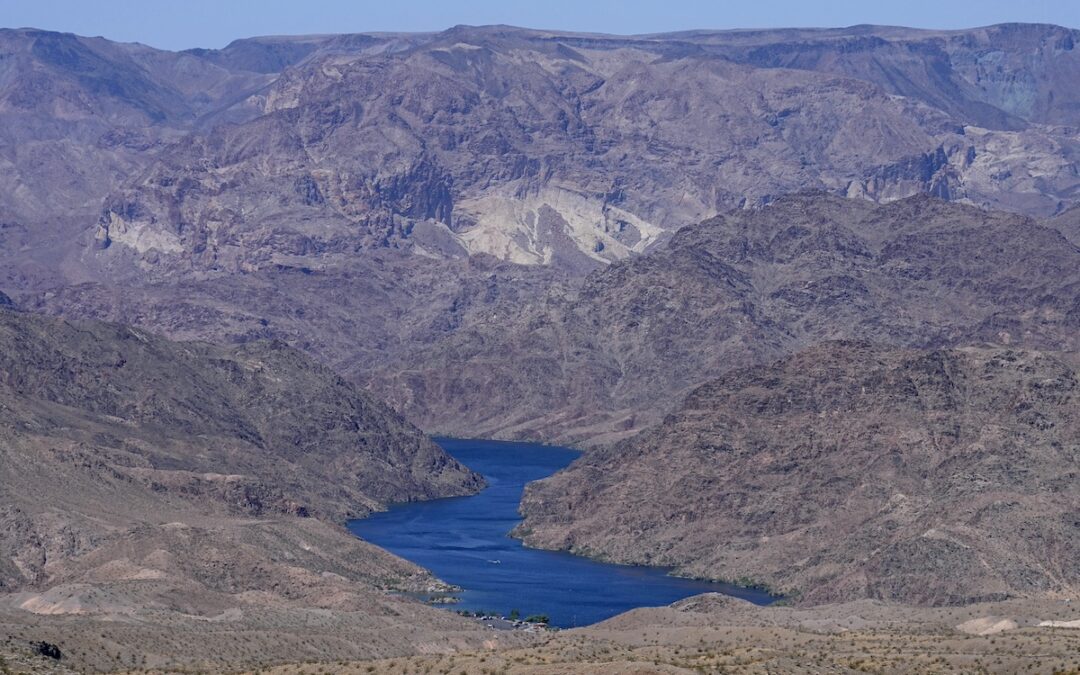
White House scraps water expert’s nomination as states hash out Colorado River plan
ALBUQUERQUE, N.M. (AP) — A veteran water expert from Arizona says the Trump administration withdrew his nomination to lead the federal agency that...
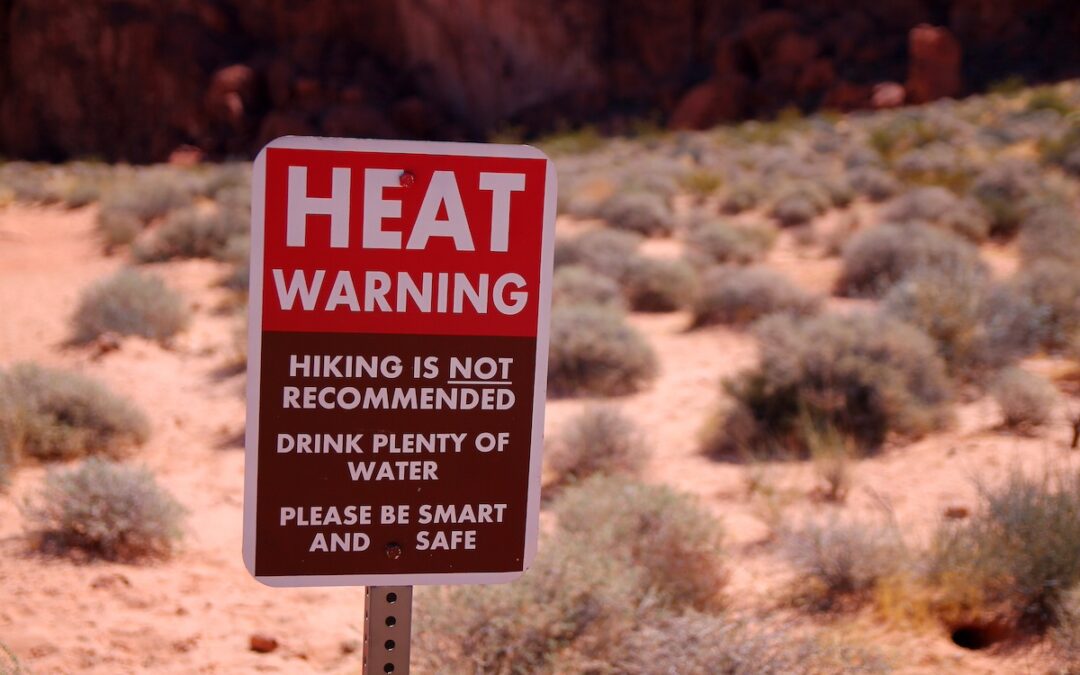
Green spaces are key to combating record heat in marginalized communities
Keith Lambert and his family cope with the extreme heat of summertime Chicago by going in and out of their house as quickly as possible and making...
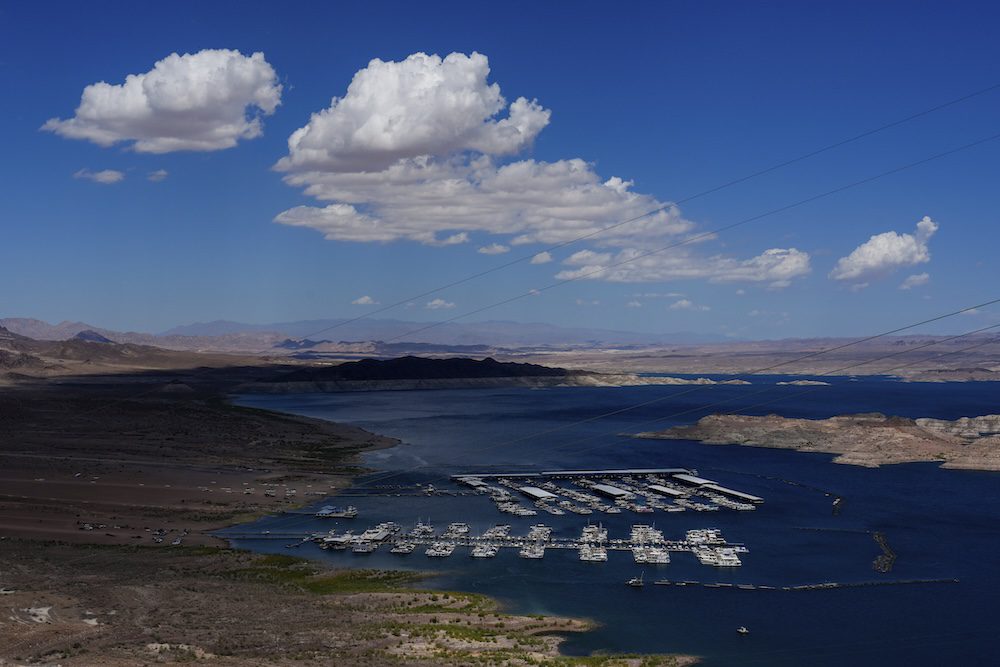
Arizona, Nevada and Mexico will again get less Colorado River water in 2026
Arizona, Nevada, and Mexico will again live with less water from the Colorado River as drought lingers in the West, federal officials announced...

FEMA disbands youth council, but students say their climate advocacy won’t stop
An Arizona teen earned a spot on FEMA’s Youth Preparedness Council to fight for climate action. Now, he’s watching the program get dismantled. After...


